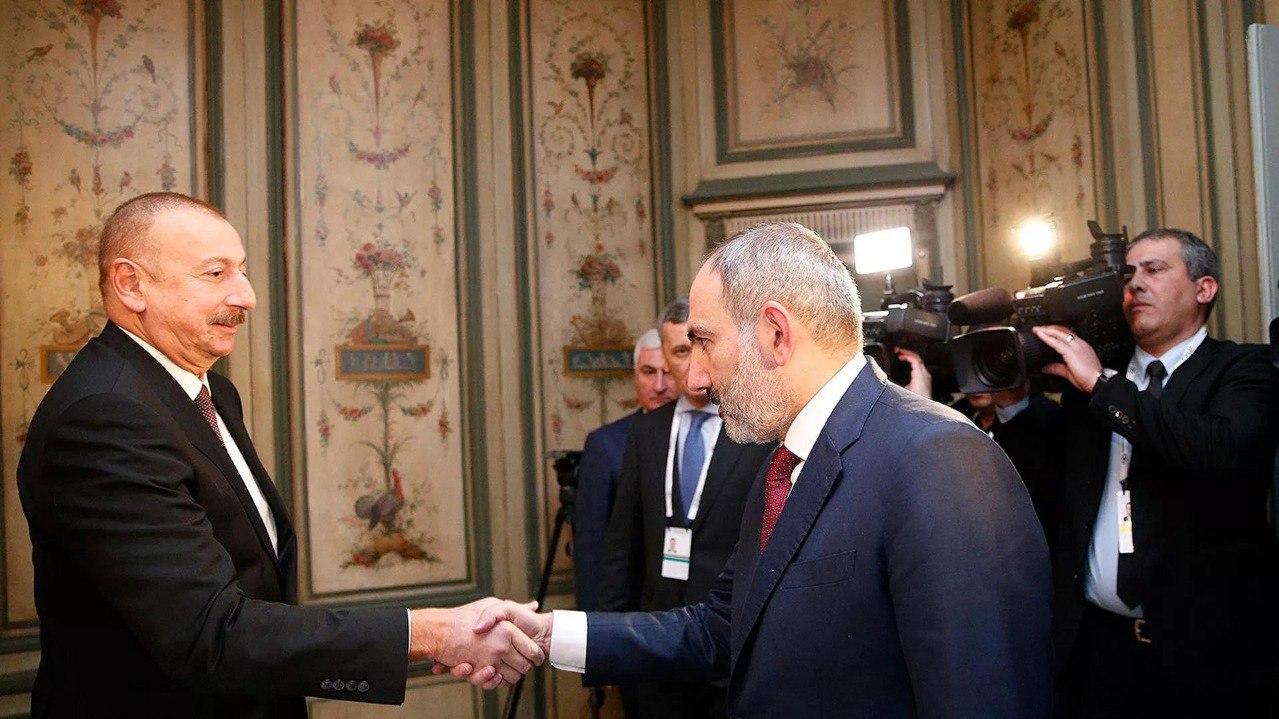
Armenia and Azerbaijan agree on peace agreement text, but bilateral tensions continue to rise, says Crisis Group
Almost two years after a lightning offensive restored Azerbaijani control of Nagorno-Karabakh, prompting more than 100,000 ethnic Armenians to flee the enclave, a peace agreement between Yerevan and Baku could be in sight. Armenia and Azerbaijan announced in March that they have completed the text of such an agreement. The question is whether they will sign it, Crisis Group says in a report.
As noted, Azerbaijan says it will not do so until the Armenian constitution changes. Armenia’s leaders accuse Azerbaijan of using the issue as a pretext to sabotage the peace agreement; while they are working to change the constitution, the process will not draw to a close for at least another year.
Meanwhile, tensions between the two South Caucasus neighbors are mounting. Azerbaijan regularly accuses Armenia of ceasefire violations at their common border. Nor are issues relating to Nagorno-Karabakh fully put to rest: Baku fears that Yerevan has designs on taking it back, while Yerevan both denies the accusation and argues that Baku is edging the neighbors back toward war.
According to Crisis Group, the EU and its member states can support the peace process and contribute to regional peace and security by:
– encouraging the parties to sign the peace agreement and helping address issues that are preventing that from happening in the near term, for example by promoting a compromise;
– proposing investments that could be made in conflict-affected regions of both countries once an agreement is signed, with a particular focus on projects that would help better integrate the region’s economy into the rest of the world;
– supporting risk reduction measures that can help defuse the prospect of escalation because of an accident or inadvertence, which is a particularly concerning scenario in the period before the agreement is signed.
That said, Armenian officials also argue that Azerbaijan’s focus on the constitutional issue is a pretext for scuttling the peace talks, and indeed, it does put their outcome in jeopardy. The new constitution will have to pass by a majority of votes cast, and get the votes of 25 per cent of the total registered electorate, a hurdle that could be difficult to overcome, particularly given popular frustration with what many see as Baku’s bullying. Nor does Pashinyan necessarily have the political heft to ensure passage. His political vulnerability was highlighted by his party’s poor showing in local elections in March, which may bode ill for a constitution so closely associated with the prime minister. If the constitutional referendum fails, it will be cited by Baku as evidence that Armenia is not really ready for peace. Renewed conflict would become much more likely.
Even if the referendum succeeds, there is much that could go wrong before then. The beginning of 2025 saw another spike in tension along the border. While the situation appears to have calmed down of late, it could easily be reignited.
Meanwhile, the neighbors are jockeying for military position. Both countries are also building up their militaries. Since 2020, both countries have more than doubled their defense budgets.
Shifts in the geopolitical environment could shape the security order in the South Caucasus. Russia’s fight in Ukraine and desire for good relations with Azerbaijan has seen Moscow continue to recede from its traditional dual role as Armenia’s security guarantor and as mediator between Baku and Yerevan.
Should the war in Ukraine reach a resolution, many expect that Russia could again turn its attention to the Caucasus, though this idea remains in the realm of speculation. While the U.S. has long acted as a mediator between Armenia and Azerbaijan, and in recent years tried to encourage Armenia’s drift away from Russia, the Trump administration has not yet tipped its hand on how it plans to deal with the Caucasus. Iran has emerged as a potential security guarantor for Armenia, and Turkey remains Azerbaijan’s biggest backer, but their roles in any future conflict are difficult to predict.
Against this backdrop, the EU has sought to take a more active role by mediating peace talks between the two countries over the last four years – including by facilitating trilateral meetings among Armenia, Azerbaijan and the EU – and through confidence-building measures. One concrete step meant to quiet cross-border tensions was the bloc’s deployment of a civilian monitoring mission on the Armenian side of the Azerbaijan border. Given that upon its effectiveness, the bilateral peace agreement would require the monitors to move away from the border, EU and Armenian officials say they hope to keep the mission in the country while redefining its mandate – possibly transforming it into an assistance mission to build Armenia’s own border management capacity, such as by training border guards and customs agents, while honoring the agreement to stay away from the border.



